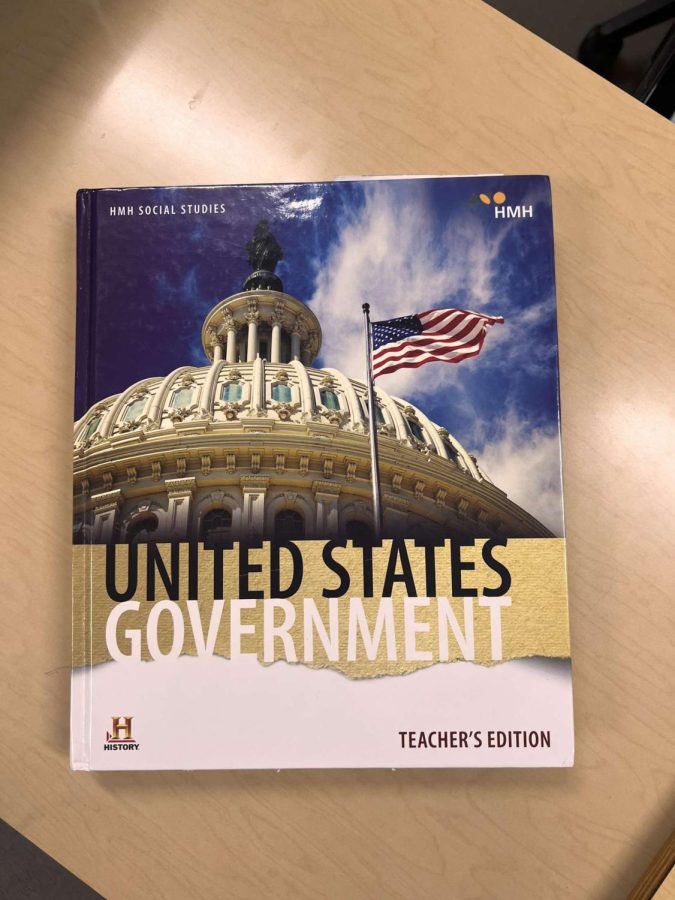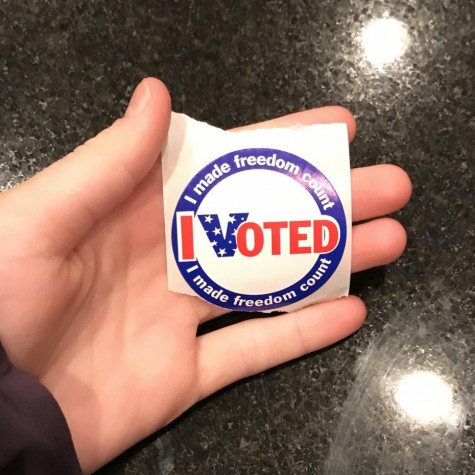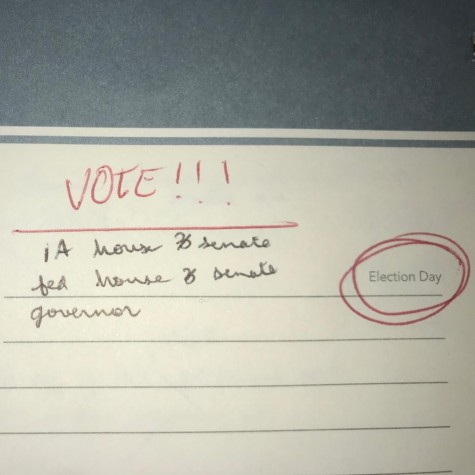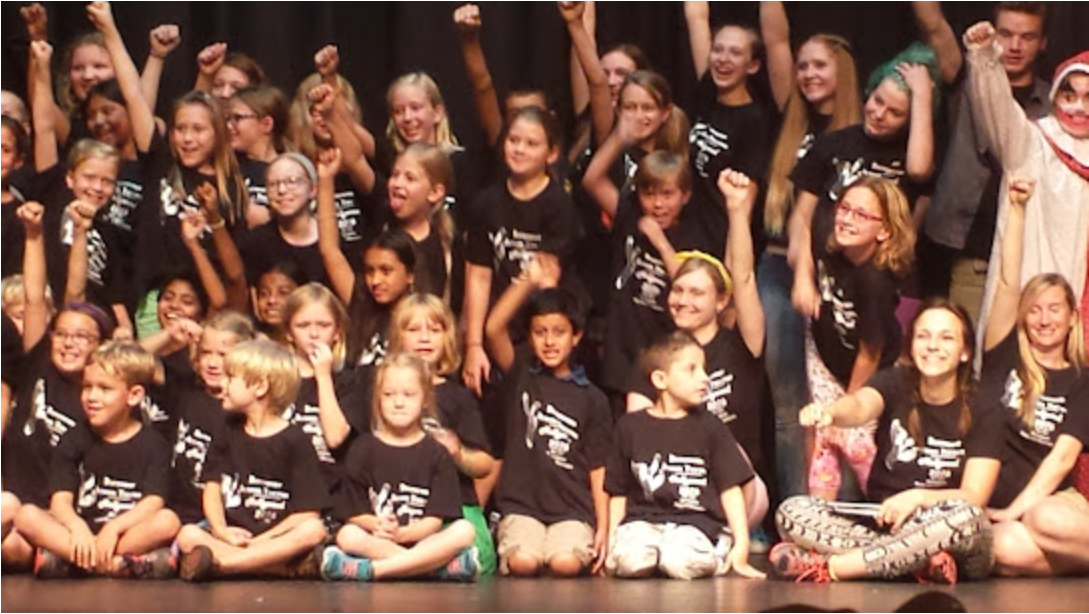Roe v. Wade, the Supreme Court’s ruling on gay marriage, critical race theory, border crises and police brutality are all a few examples of extremely important topics that should be discussed in schools. In a time when accurate information is especially critical for American citizens, politics’s place in education has recently become more controversial than ever.
The U.S. government expects citizens to be well educated on and up-to-date with politics in order to make well-informed voting decisions. This is impossible when America’s youth does not have equal access to information. Many children live in households where views are skewed one way or another or where politics are not discussed. Schools could provide the opportunity for children to learn how to have proactive conversations about relevant issues within the country.
Instead, teachers are discouraged from addressing controversial topics in the classroom. While it is necessary that teachers do not try and force their views onto their students, it is still vital that these topics are evaluated in a group setting where multiple perspectives are explored.
Senior Tanisha Nanisetty believes politics should be allowed in the classroom. “I think it’s important for all students to be aware of what is happening with the government and international politics, and discussing them in a school setting could help students create an opinion of their own,” she said.
This could greatly impact politics in the U.S. as the voting pool would be better educated and more understanding of other viewpoints. Rather than promoting this, many state governments have taken steps in the opposite direction.
In 2019, Arizona introduced an education bill that would prevent teachers from bringing anything political into the classroom that is not directly related to the course curriculum. If teachers were found violating the law, they could be fired. In addition, since January of 2021, 35 states have presented 137 bills meant to limit what schools can teach in regards to race, American history, politics, sexual orientation and gender identity. In South Carolina, one proposed law would prohibit discussions of topics that cause “discomfort, guilt or anguish.”
Not only would these bills make it extraordinarily difficult for teachers, but they would also shelter children from real-world problems. “Politics have to be discussed. It’s important to understand how to rhetorically support one side or another in a respectful manner. Also, it is essential all students understand American politics and how to navigate through them in their adult life,” senior Will Fairman said. “Teachers must challenge students’ perspectives and force them to contemplate their politics, but must restrain from actively persuading them to one side or another.”
Political debates over what is considered appropriate content for students have caused a major discrepancy between the history taught in schools and what actually took place. Many significant aspects of historical events are left out or altered in history textbooks. Nanisetty feels all information should be provided to students. “I think it is very important to discuss those things, especially when learning about political figures, students should be taught the whole truth,” she said. Including this information could greatly change how certain events and people are looked at.
One of the most well-respected and influential people in history has a dark past that is almost completely unknown by the majority of people. Mahatma Gandhi did incredible work for India and civil rights movements around the world, but he also used his position of power to sexually exploit and abuse young women. He kept many young girls in his house at almost all times and even made his grand-niece sleep naked with him at night, which led to extensive physiological and emotional trauma for her.
Similarly, many students are taught one thing but then come to find out it was not the whole truth during adulthood. For example, Rosa Parks was not the first person to refuse to give up her seat on a bus. In reality, it was 15-year-old, Claudette Colvin, who was arrested only nine months earlier for refusing to move from her seat.
“Students have to know about this past to develop their critical thinking skills and better understand present-day America. Long-term occurrences such as slavery or imperialism cannot be ignored. If we stop teaching students about the progression of America, we will stagnate as a nation,” Fairman said.
Presenting a skewed perspective to students is no better than not giving any information at all. When past leaders and America’s history are protected from their wrongdoings, it allows for mistakes to be repeated. Instead, it is imperative that students are given all the facts possible to understand the past and prevent the same things from happening again in the future.
If schools are freely allowed to discuss politics and also give students an accurate picture of history, the U.S. will take greater strides towards a better future both politically and socially.


















